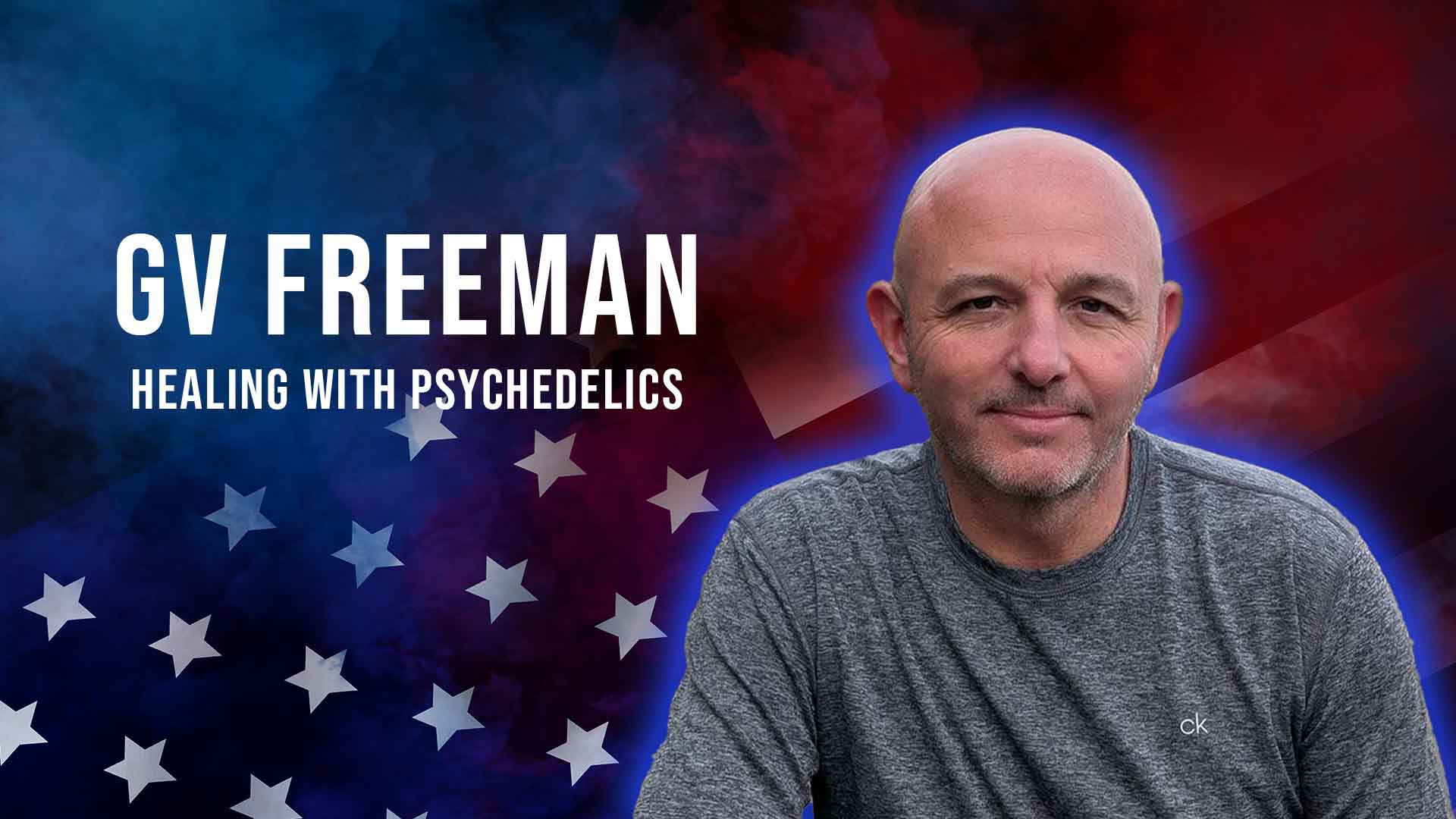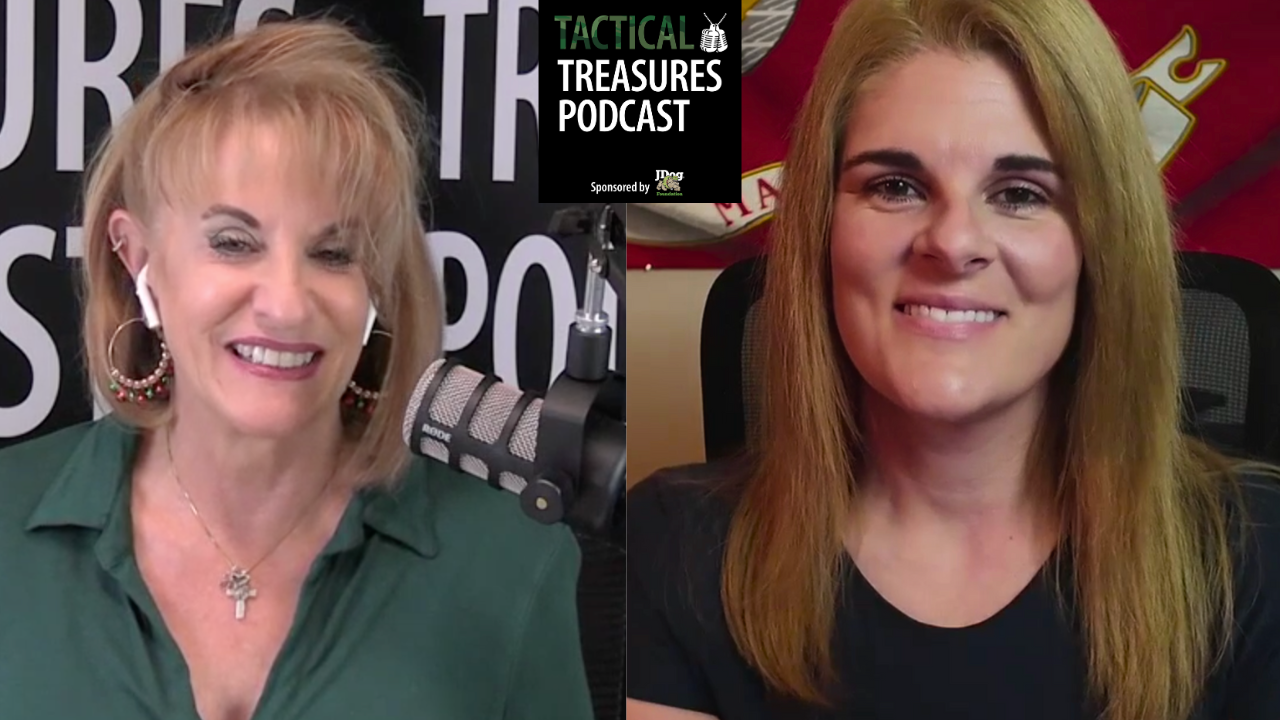Support The Elk Institute for Psychological Health and Performance.Starting in college, Carrie Elk found herself being approached by friends, and eventually, total strangers who would open up to her with real problems they were experiencing. As this trend continued, Carrie felt the burden of purpose and righteousness. If people were going to continue to naturally approach her with the sorts of problems they had been through, she needed to know what she was doing when she spoke with them, else she cause real harm to someone.The daughter of a US Army veteran, Carrie had grown up in a patriotic house. This was the starting point of her life-changing mission. While her father had been out of the Army Reserve for quite some time by the time she was born, the appreciation she gained for those that put their lives on the line was fostered by the values set forth by her hardworking, humble, Steel City family members that had served through the generations.Fast forward to the May 6th, 2009, exactly a year after her father passed away in her arms, Carrie was diagnosed with Renal Cell Carcinoma. Carrie needed the kidney out within two weeks or the cancer would spread through her entire body and become terminal. An unnecessary CT scan uncovered the cyst was a fluke, something done by pure happenstance. It had saved her life and gave her extra time for something--a calling and mission. It was after the recovery that Carrie was led to her true calling and purpose: The Elk Institute for Psychological Health and Performance.

We asked Carrie if her battle with cancer helps foster trust between her and the servicemembers she serves to which she replied:
"I think it does, but it's important to ensure people don't think I'm comparing them. There isn't anything like combat and to equate the two would turn so many people off. I believe it’s the vulnerability in sharing my personal story and humility in which I approach them that reveals my intention. There are no ulterior motives, personal gain or hidden agendas. I'm purely there to serve a need with what I’ve been given: extra time, clear understanding and clinical know how.”
Keeping in line with the pure motives of Dr. Elk, she's not beholden to any sort of government system. While there are tons of organizations (we all know who they are, no need to name them), that are willing to capitalize on veterans for the sake of money, that's not the goal of The Elk Institute. The authenticity of her attitude has created an atmosphere where she was "accepted into the tribe," and is a trusted entity in the veteran community. That’s no small feat, and this breaking down of barriers help her assist veterans to get treatment in a way they're comfortable with. This often has her in their world, meeting veterans where they are which can be around the fire at a hunt, on top of a mountain, out at sea, or on a military installation. She adapts to vets instead of vets fitting into a clinical box.[caption id="attachment_14813" align="aligncenter" width="670"]

Dr. Elk with her father[/caption]The Elk Institute is pioneering a new way for healing PTSD. "I didn't set out to create a nonprofit. It's the best way to get veterans the best help that they need... I don't have a vision for myself, but I do have a vision in five years the Institute will be well-funded enough to hire veterans to work as a full staff and in different locations so that we are able to resolve PTSD for more and more veterans at no cost to them.” (as has always been the case with Elk) Dr. Elk's style is effective, it's respectful and it does more than teach veterans to cope or manage symptoms, it's a real solution that eliminates the traumatic response and/or triggers.We asked Dr. Elk what she would say if she had literally one or two sentences to tell a struggling veteran and it's honestly one of the most beautiful and poetic things we've heard regarding the struggles of PTSD: "Please, don't mistake this horrific chapter for the whole story." It echoes our sentiment that our story has only just begun. We're strong, we're fighters, we won't give up. If you're struggling, there is hope, there is healing all at no cost to the individual veteran at the Elk Institute.




%201.svg)









